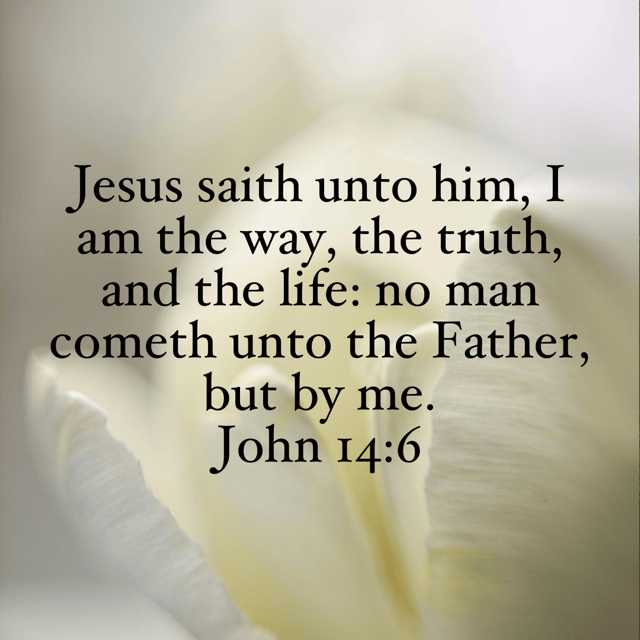I will share about Christian books I have read or listened to.
I will be sharing about my life before and after Christ. I will include stories about my pet and other pets I have encountered.
A Peace that Never Leaves You
Think about a time when you were worried. How did you deal with it? Maybe you tried to distract yourself, or perhaps you let your mind race through your problems. It’s natural to want to respond to our worries this way, but God shows us a better way to respond.
Not long before Jesus went to the cross, He told His disciples that He would be leaving them. Worried about experiencing life without Him, the disciples wanted answers. But instead of giving them the response they hoped for, Jesus told His disciples to be at peace and not let their hearts be troubled.
Imagine how frustrating this must have been for His followers. They sensed that Jesus was leaving, but they were trying to align what He was saying with their ideas for the future.
They questioned His words because they couldn’t understand them.
In the same way, we can also be quick to try to find solutions to our problems when we’re worried. We can let our understanding of current events cloud our thinking and influence our conversations with God. But God’s purposes are beyond what we can see and understand.
When Jesus told the disciples to be at peace and not worry, Jesus saw beyond the cross—He saw His resurrection, His return to heaven, and the arrival of God’s Holy Spirit.
In the same way, He sees beyond our situations.
Because we live in an imperfect world, we will experience disappointments and hardships—but because we serve a good God, He sees beyond the bad things we go through. He sees our future filled with hope.
Jesus told His disciples to be at peace because He wanted them to trust in Him. Similarly, God wants us to be at peace in every situation as we trust Him to work things out for our good and His glory.
So take some time today to reflect on some of the situations that are causing you to worry. Then, take a moment to tell God that you trust Him with each of these circumstances. Imagine handing Him each concern, and allow Him to hand you His peace in return.
“Then all Israel gathered themselves to David unto Hebron, saying, Behold, we are thy bone and thy flesh. And moreover in time past, even when Saul was king, thou wast he that leddest out and broughtest in Israel: and the LORD thy God said unto thee, Thou shalt feed my people Israel, and thou shalt be ruler over my people Israel. Therefore came all the elders of Israel to the king to Hebron; and David made a covenant with them in Hebron before the LORD; and they anointed David king over Israel, according to the word of the LORD by Samuel. And David and all Israel went to Jerusalem, which is Jebus; where the Jebusites were, the inhabitants of the land. And the inhabitants of Jebus said to David, Thou shalt not come hither. Nevertheless David took the castle of Zion, which is the city of David. And David said, Whosoever smiteth the Jebusites first shall be chief and captain. So Joab the son of Zeruiah went first up, and was chief. And David dwelt in the castle; therefore they called it ...
















